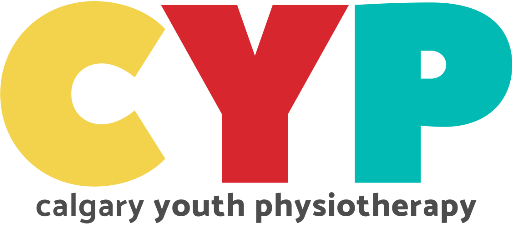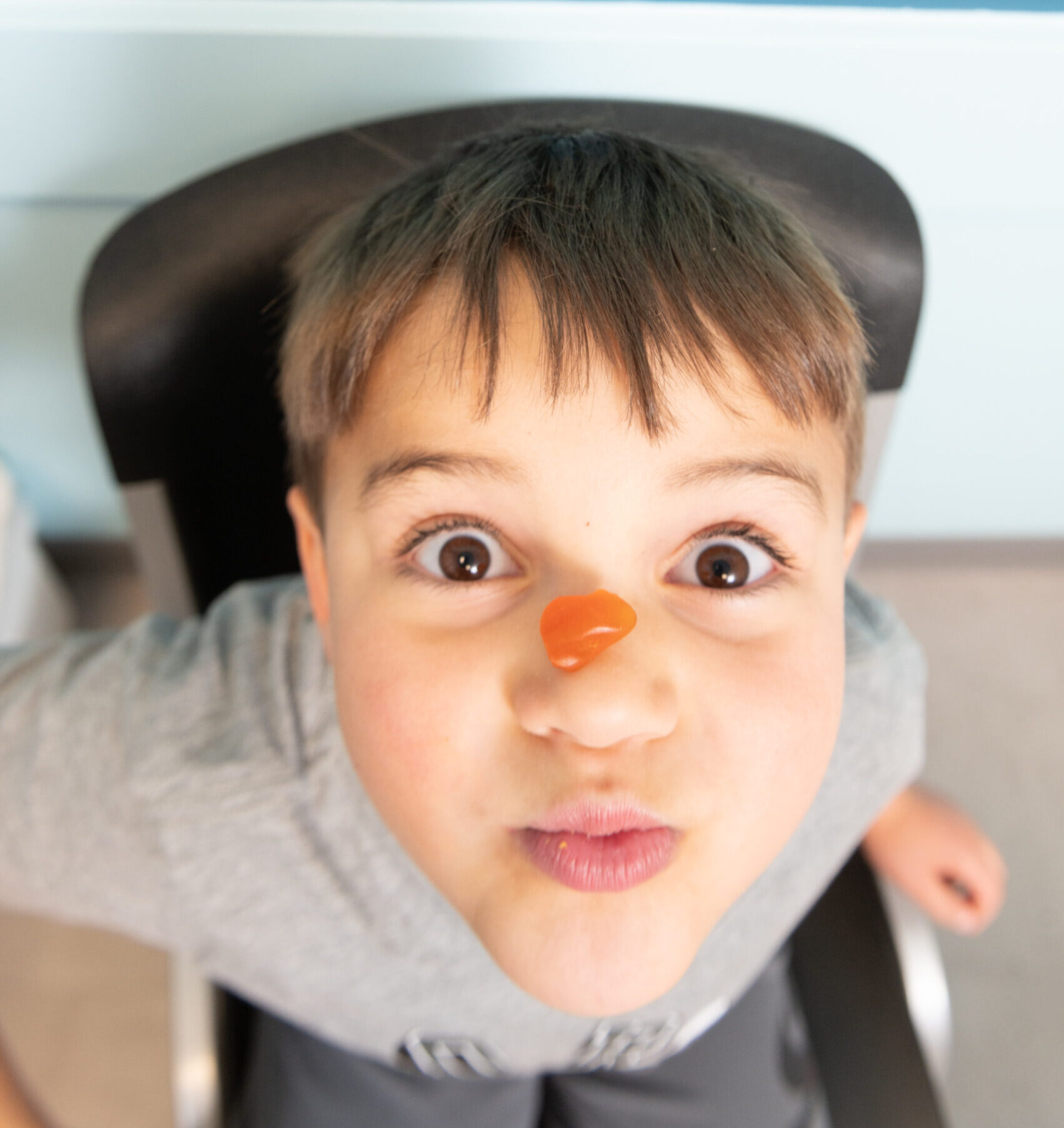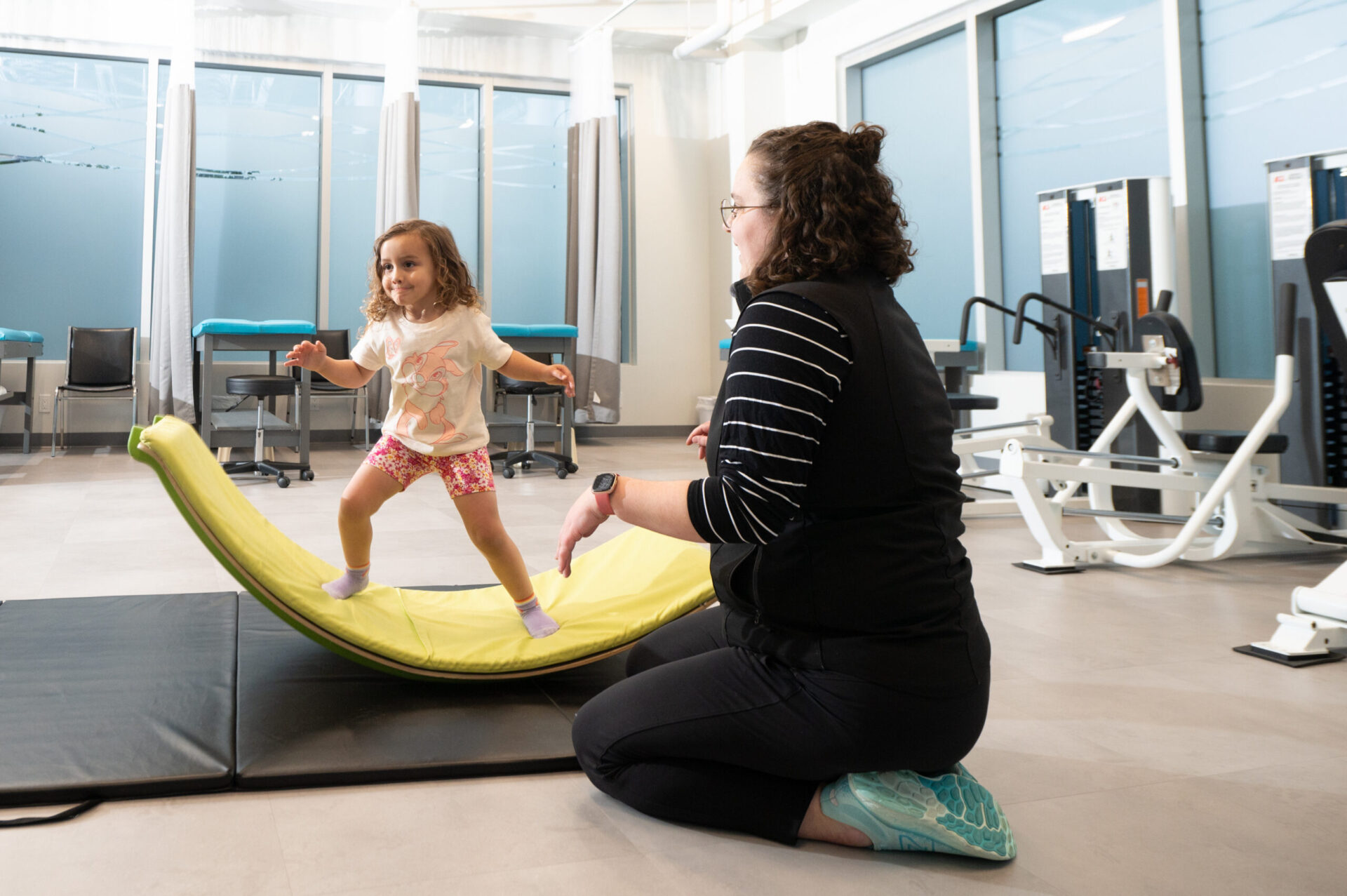For some people, the ability to complete everyday activities independently requires assistance beyond the scope of physical therapy. Occupational Therapy (OT) is a healthcare discipline that often works closely with physiotherapy to help individuals participate in the activities and tasks of everyday life (also known as occupations) with a greater sense of ease, including, but not limited to dressing, eating, reading, writing, playing, and bathing.
OT can help people of any age and any ability who may have Sensory Regulation concerns, traumatic brain or spinal cord injuries, learning disabilities, autism, mental health or behavioural issues, orthopedic injuries, developmental delays, post-surgical conditions, spina bifida, multiple sclerosis, cerebral palsy, or other chronic illnesses.
With the addition of OT services at CYP, we can work on co-treatments, collaborative assessment/treatment/intervention planning, connection to community services, and overall patient care planning.




